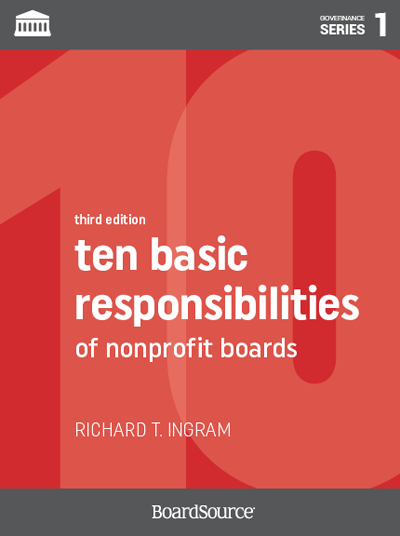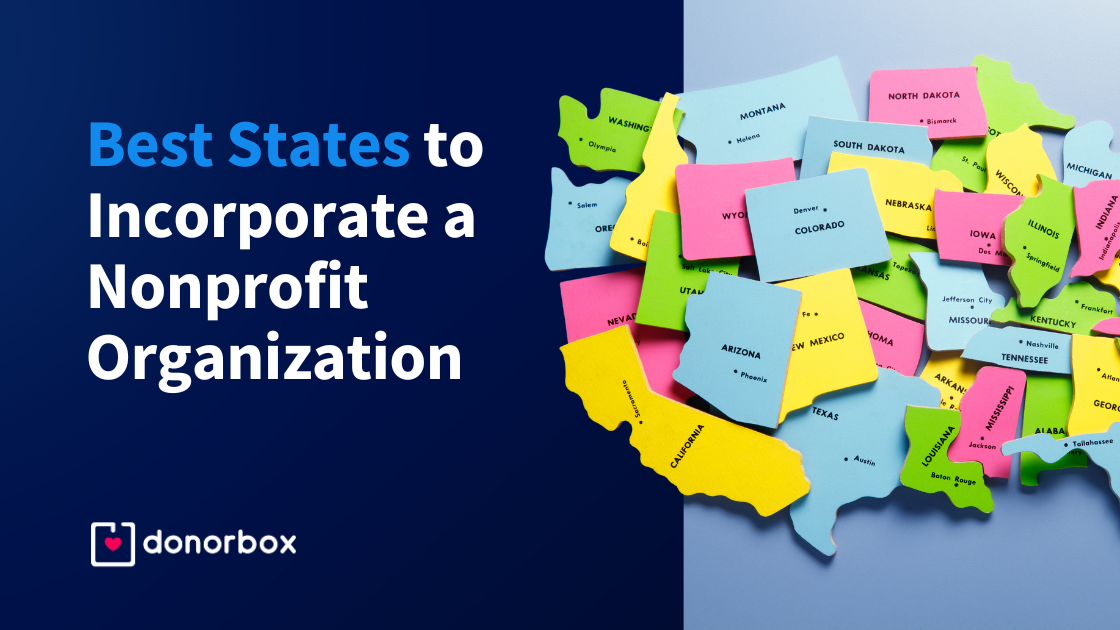Leading Nonprofit Firm: Aiding Charities and Organizations Achieve Their Objectives
Leading Nonprofit Firm: Aiding Charities and Organizations Achieve Their Objectives
Blog Article
Comprehending the Essential Function and Impact of a Nonprofit Firm in Community Development and Support Services
Not-for-profit companies offer as crucial drivers for neighborhood growth and assistance services, dealing with the complex needs of marginalized populaces. The landscape of nonprofit work is laden with obstacles and opportunities that can considerably influence their efficiency.
Interpretation of Nonprofit Agencies
Not-for-profit agencies are commonly specified as companies that run mostly for objectives apart from generating revenue for shareholders or owners. These entities concentrate on attending to social, cultural, environmental, or neighborhood needs, and they reinvest any kind of surplus revenues back into their mission-driven activities. Nonprofits might take numerous types, including charitable companies, foundations, campaigning for teams, and social business, each with special structures and operational structures.
The leading principle of a nonprofit agency is its commitment to serving the public interest. This commitment often shows up in a broad variety of solutions, from education and health care to real estate and environmental conservation. Nonprofits commonly rely upon diverse financing resources, including contributions, gives, and subscription costs, to support their initiatives.
In order to preserve openness and responsibility, not-for-profit agencies are required to abide by particular guidelines and reporting standards. This oversight is important for developing depend on with stakeholders, consisting of donors, volunteers, and the areas they serve. By prioritizing social effect over monetary gain, nonprofit companies play a crucial role in fostering community advancement and addressing pressing societal challenges, therefore adding dramatically to the overall health of culture.
Trick Features in Neighborhood Development
Area advancement flourishes on the active engagement of different organizations, with not-for-profit agencies playing a pivotal role in cultivating lasting development and improvement. These companies function as vital facilitators, linking voids between neighborhood requirements and readily available resources. One of their vital functions is to identify and assess regional demands via area engagement, guaranteeing that advancement efforts matter and tailored to the details context.

Campaigning for is another crucial function of nonprofits, as they stand for the passions of the neighborhood in plan discussions, pressing for fair access to resources and services. By elevating understanding on critical issues, they add to notified decision-making at various levels. Ultimately, the diverse functions of nonprofit agencies in neighborhood advancement not only promote instant renovations yet also lay the groundwork for long-lasting sustainability and resilience within communities.

Influence on Prone Populations
Exactly how do not-for-profit companies specifically address the needs of prone populaces within neighborhood advancement efforts? Not-for-profit agencies play a crucial role in recognizing and resolving the one-of-a-kind challenges dealt with by marginalized groups, including low-income families, the elderly, and people with handicaps. By customizing their programs and services, these organizations can offer important support that cultivates resilience and self-sufficiency.
As an example, several nonprofits supply access to food assistance programs, real estate assistance, and health care services that straight relieve the concerns faced by prone populations. In addition, they often serve as advocates, intensifying the voices of those that may or else go unheard in plan conversations. Through neighborhood outreach and education, nonprofits empower individuals with the expertise and resources essential to navigate intricate systems and protect their rights.
Additionally, nonprofits participate in capacity-building initiatives that boost the abilities and chances of vulnerable people, consequently advertising social equity. Their commitment to inclusivity makes sure that neighborhood growth efforts are receptive and comprehensive to the diverse demands of all locals. In recap, not-for-profit agencies are essential in reducing the difficulties encountered by at risk populaces, fostering neighborhood cohesion, and driving lasting growth.

Cooperation With Local Federal Governments
While several obstacles in community development need concerted efforts, partnership between neighborhood federal governments and not-for-profit firms is important for developing reliable options. This collaboration permits the merging of sources, competence, and networks, which can dramatically boost service shipment and neighborhood engagement. Not-for-profit firms frequently have firsthand understanding of the needs and desires of neighborhood populaces, enabling them to inform federal government plans and programs properly.
In addition, regional directory governments can provide look these up vital assistance in terms of funding, infrastructure, and governing structures that help with the work of nonprofits. This harmony not only fosters an extra comprehensive method to addressing community concerns but likewise guarantees that efforts are based in the facts of the populaces they aim to serve.
Joint efforts, such as community health programs, academic workshops, and housing jobs, illustrate the tangible benefits of this cooperation. By aligning their goals and approaches, local federal governments and nonprofit firms can create sustainable impacts that boost the lifestyle for citizens.
Challenges and Opportunities Ahead
The collaboration between not-for-profit firms and neighborhood federal governments, though helpful, is not without its challenges. One significant hurdle is the commonly limited funding offered for not-for-profit organizations, which can prevent their ability to execute detailed area programs.
However, these obstacles additionally existing unique opportunities. Nonprofits can leverage their grassroots links to recognize area demands that might be forgotten by government agencies, making certain that services are customized to the local population. By promoting cutting-edge partnerships and exploring alternative financing resources, such as social business or give opportunities, nonprofits can boost their sustainability and influence.
In addition, the growing recognition of the importance of cumulative impact motivates a more integrated technique to community development. This creates an abundant ground for nonprofits to support for plan adjustments that deal with systemic concerns. By embracing both possibilities and difficulties, nonprofit firms can proceed to play an essential role ahead of time community development and assistance services, ultimately profiting the neighborhoods they serve.
Conclusion
In recap, not-for-profit firms serve as crucial stimulants for neighborhood advancement and support solutions, effectively addressing the requirements address of prone populaces. Regardless of dealing with difficulties, the capacity for development and development within the nonprofit sector stays substantial.
Not-for-profit companies offer as important drivers for community growth and support services, attending to the complex requirements of marginalized populaces. Inevitably, the complex duties of not-for-profit companies in community advancement not just advertise instant enhancements yet also lay the foundation for long-lasting sustainability and durability within communities.
While several challenges in neighborhood advancement need concerted efforts, collaboration between nonprofit firms and local federal governments is vital for developing effective services. By welcoming both difficulties and chances, nonprofit companies can continue to play a crucial role in progressing community development and support solutions, eventually profiting the neighborhoods they offer.
In summary, not-for-profit companies serve as essential catalysts for area development and assistance services, properly dealing with the needs of vulnerable populaces. - nonprofit agency
Report this page